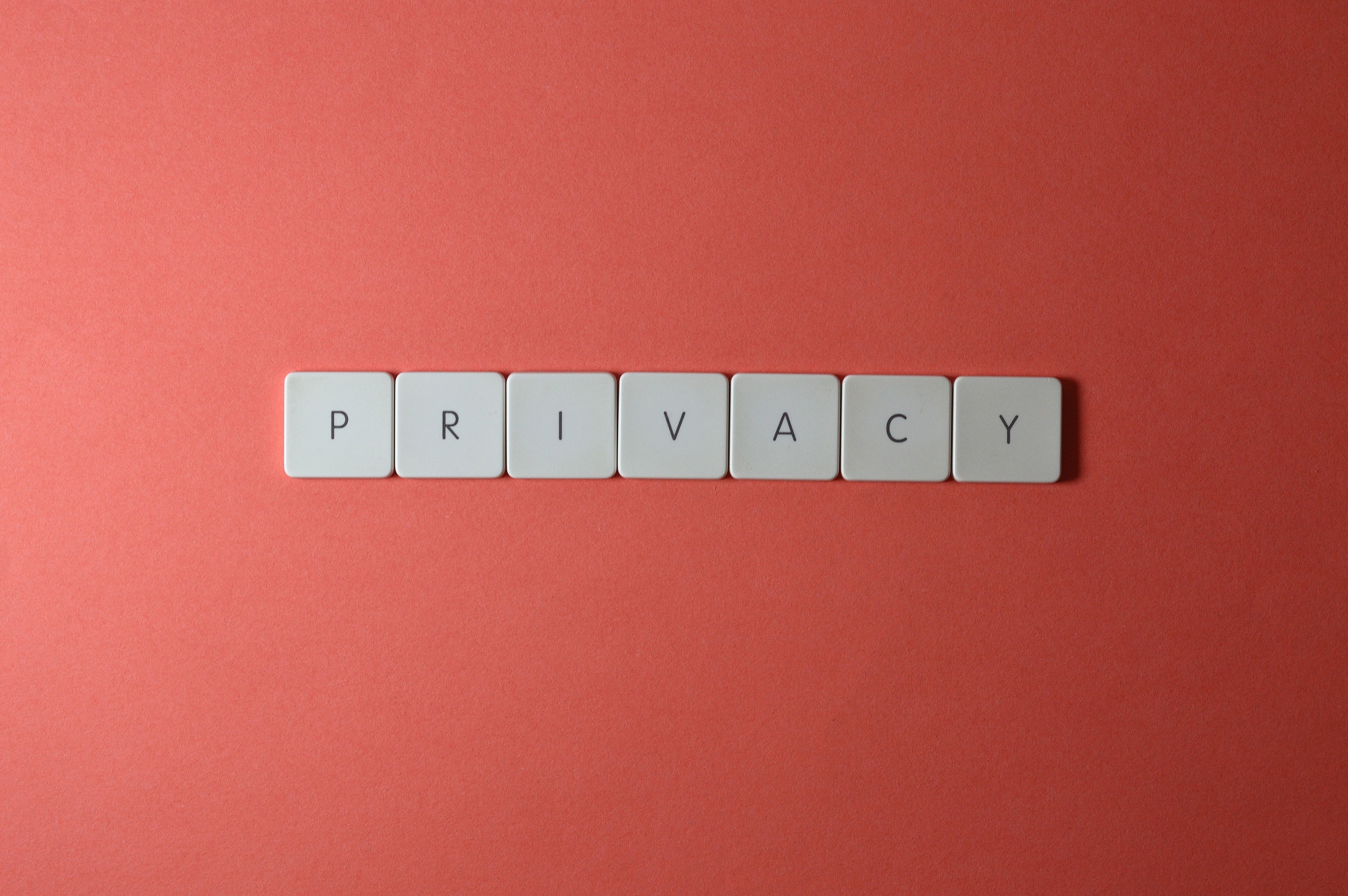Enhancing Privacy Settings: Empowering Users in the World of Social Media
Published by Manuel Jenni on Thu, May 11, 2023Introduction
Social media has transformed the way we connect, but it also raises concerns about privacy and influence. Finding the right balance between protecting our privacy and navigating the subtle forces that shape our online experiences is essential. In this article, we will explore strategies to enhance privacy settings, understand the risks, and empower ourselves in the world of social media. Join us as we uncover the dynamics of privacy and influence, empowering you to make informed choices in the digital realm.
Understanding Privacy Risks on Social Media
Social media platforms pose various privacy risks that users should be aware of. Impersonation, identity theft, and spear phishing are among the dangers that arise when personal information is shared too extensively. By comprehending these risks, individuals can take proactive steps to safeguard their privacy and protect themselves from potential harm.
Identity Theft: Sharing excessive personal information on social media platforms increases the risk of identity theft. Cybercriminals can collect information from multiple sources to build a profile of an individual and use it to steal their identity. With enough personal details, such as date of birth, address, and even Social Security numbers, hackers can open fraudulent accounts, apply for credit cards, or conduct other illicit activities in the victim's name. This can lead to severe financial loss, damage to credit scores, and a significant disruption in the victim's life.
Spear Phishing: sharing excessive personal information on social media exposes individuals to spear phishing attacks. Cybercriminals leverage this information to craft convincing messages tailored to the victim's interests and connections. Unwitting victims may unknowingly click on malicious links, download malware, or disclose sensitive information, compromising their privacy and security.
Manipulative Content: Malicious actors, including political groups and individuals, can exploit social media platforms to disseminate manipulative content. By leveraging algorithmic biases and utilizing persuasive techniques, such as emotionally charged narratives or misleading information, they can influence public opinion and shape societal discourse. Users may unknowingly consume and share content that aligns with a specific agenda, further amplifying its reach and impact.
Mastering Privacy Settings
To enhance privacy protection on social media, it is important to navigate and customize privacy settings. Each platform has its own set of privacy options, allowing users to control the visibility of personal information, choose who can view posts and photos, and manage friend requests. By familiarizing ourselves with these settings and regularly reviewing and updating them, we can tailor our privacy preferences according to our comfort level and ensure that our personal information remains secure.
Controlling Data Sharing and App Permissions
In addition to privacy settings, it is essential to understand and manage the app permissions granted to social media platforms. Many social media apps request access to various aspects of our device and personal information. By reviewing and revoking unnecessary app permissions, we can minimize the access granted to our data and reduce the potential risks associated with third-party apps.
Privacy Best Practices
To maintain privacy on social media, it is advisable to follow certain best practices. These include being cautious when accepting friend requests, avoiding oversharing personal information, and being mindful of the content shared publicly. Users should also consider the potential impact of their online activities on their privacy and take necessary precautions to protect themselves.
Staying Informed and Updated
Privacy policies and terms of service on social media platforms can change over time, affecting how our personal information is handled. It is crucial to stay informed about these updates and any potential changes that might impact our privacy. Subscribing to newsletters or following reliable sources can help us stay updated on privacy-related news and developments, enabling us to make informed decisions about our social media usage.
Conclusion
In an era where personal data is increasingly vulnerable, taking control of our privacy settings on social media is vital. By understanding the risks, mastering privacy settings, controlling data sharing, following best practices, and staying informed, we can safeguard our personal information and enjoy a safer online experience. Empowering individuals with better privacy settings not only protects their privacy but also helps shape a digital landscape that respects and values personal data security. Let's take charge of our privacy and create a more private and secure social media environment for all users.
